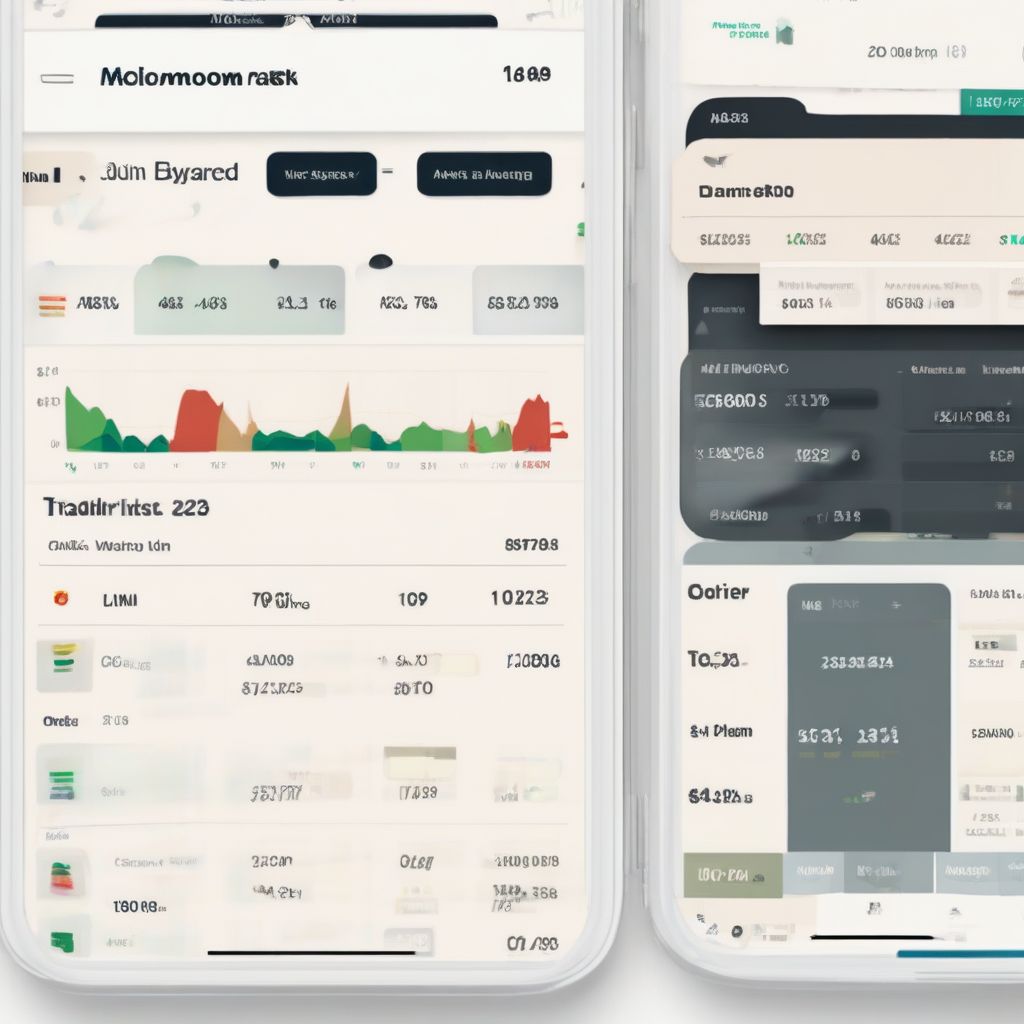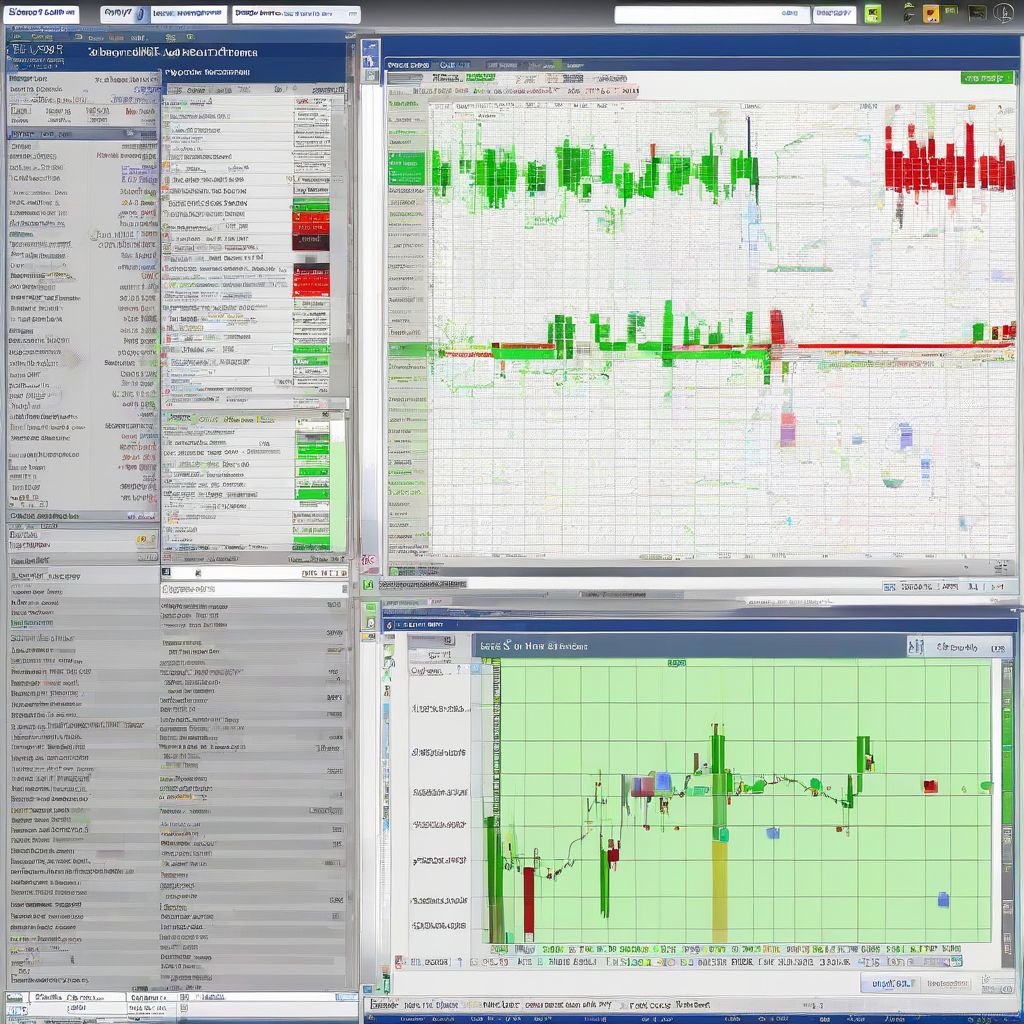SoFi After Hours Trading: What You Need to Know
Imagine this: you’re catching up on the day’s financial news after work, and suddenly, you see a stock alert. SoFi (SOFI) is making a big move – but the market closed hours ago! What’s going on? Welcome to the exciting world of after-hours trading.
Understanding After-Hours Trading
After-hours trading refers to the buying and selling of securities outside of regular market hours. For most U.S. exchanges, that means between 4:00 PM and 8:00 PM Eastern Time. This extended trading window allows investors to react to news and events that occur after the market closes.
Why Trade SoFi After Hours?
There are several reasons why someone might choose to trade SoFi after hours:
- Reacting to News: SoFi often releases earnings reports and makes major announcements after the market closes. After-hours trading allows investors to act immediately on this information.
- Increased Volatility: After-hours trading can be more volatile than regular trading hours due to lower trading volumes. This can create opportunities for savvy traders.
- Flexibility: For those with busy schedules, after-hours trading offers the flexibility to manage their investments outside of regular work hours.
Risks of After-Hours Trading
While potentially lucrative, after-hours trading comes with its own set of risks:
- Wider Bid-Ask Spreads: Lower trading volumes can lead to wider bid-ask spreads, meaning you may have to pay a higher price to buy or sell SoFi stock.
- Increased Volatility: As mentioned earlier, after-hours trading can be more volatile, which can lead to larger losses if the market moves against you.
- Limited Access: Not all brokers offer after-hours trading, and those that do may have specific requirements or fees associated with it.
FAQs About Sofi After Hours Trading
Here are some frequently asked questions about SoFi after-hours trading:
Q: How do I participate in SoFi after-hours trading?
A: To trade SoFi after hours, you’ll need to open an account with a broker that offers this service. Be sure to check their specific requirements and fees.
Q: Is SoFi more volatile after hours?
A: Yes, SoFi, like many other stocks, can experience heightened volatility during after-hours trading due to lower liquidity.
Q: What are the best resources for SoFi after-hours trading information?
A: Reputable financial news websites, your broker’s trading platform, and financial data providers often offer after-hours quotes and news.
Conclusion
SoFi after-hours trading presents both opportunities and risks. It allows for greater flexibility and the potential to capitalize on news-driven volatility. However, it’s essential to understand the risks associated with lower liquidity and wider spreads.
Before diving into SoFi after-hours trading, carefully consider your investment goals, risk tolerance, and whether this strategy aligns with your overall financial plan. Do your research, choose a reputable broker, and stay informed about any news or events that may impact SoFi’s stock price.
Have you ever traded SoFi after hours? Share your experiences and insights in the comments below!


